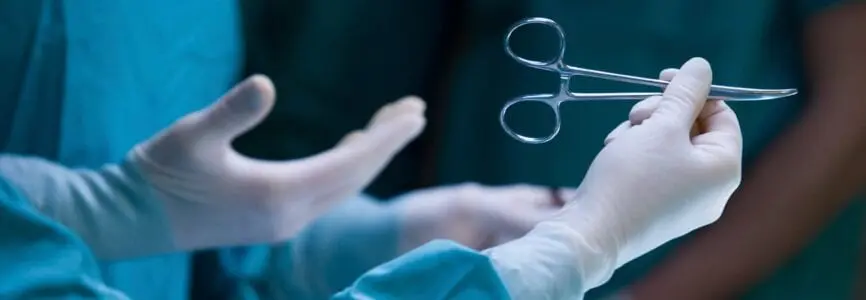Bioethics Forum Essay
Despite the Risks, and Because of Them, the FDA Should Permit Recycling Medical Implants
It is hard to quibble with the fact that Dr. Daniel Mascarenhas is breaking the law. It is also hard to quibble with the fact that he is a hero.
The doctor is breaking the law as he tries to find pacemakers from those who have recently died in his Pennsylvania neighborhood to send to India. In India there are many desperately poor persons with cardiac problems that require a pacemaker. They need them but cannot possibly afford to buy one.
In his spare time the good doctor calls funeral homes to see if anyone with a pacemaker has died. He asks the deceased relatives for permission to take the device before burial or cremation, removes it, cleans it, checks the remaining battery life and then finds someone who is heading to India to smuggle the soon-to-be recycled devices into that country.
Why is what he is doing illegal? Shouldn’t it be a standard part of health care to reuse any and all medical devices obtainable from the dead either in this country or overseas?
Well, it is true that medical equipment companies are not thrilled about reusing expensive medical equipment. Selling you a new one is more profitable then recycling a used one. Still, when it comes to products such as automobiles, vacuum cleaners, houses and furniture, there are plenty of customers for previously used, older things. Why not pacemakers and other medical equipment?
The answer is risk. Americans won’t accept more than a tiny iota of risk in their medicines and medical devices. Reused pacemakers carry very real risks of transmitting infections or of failing for various reasons connected to cleaning and reusing them. We won’t put up with that and have told the FDA, through our legislators, not to do that.
However, maybe we need to rethink that point of view. Some Americans might take a tiny risk of failure or getting sick from a reused device for a very cheap price. Certainly many people in other nations with far less money would do so if given the choice.
So, if you don’t like what Dr. Mascarenhas is doing – and I don’t, because I want to have clear standards for reusing and recycling medical devices, and not rely on the good intentions of what is now an underground, black-market, mom-and-pop hobby of a few doctors – then let’s push the FDA to permit reuse and recycling in the U.S. and elsewhere.
Ironically the only way to make what Dr. Mascarenhas is doing safer and more widely available is to change him from being a hero into someone who is obsolete. I doubt he would mind.
Arthur L. Caplan, a Hastings Center Fellow, is a professor of bioethics at New York University’s Langone Medical Center and director of the medical ethics division of the school’s department of population health. This post originally appeared in Newsworks.
Posted by Susan Gilbert at 04/15/2014 01:33:21 PM |
| well, this was a kind of new info for me. Thanks for sharing Posted by: workts789@gmail.com ( Email | Visit ) at 7/19/2015 1:57 AM |













